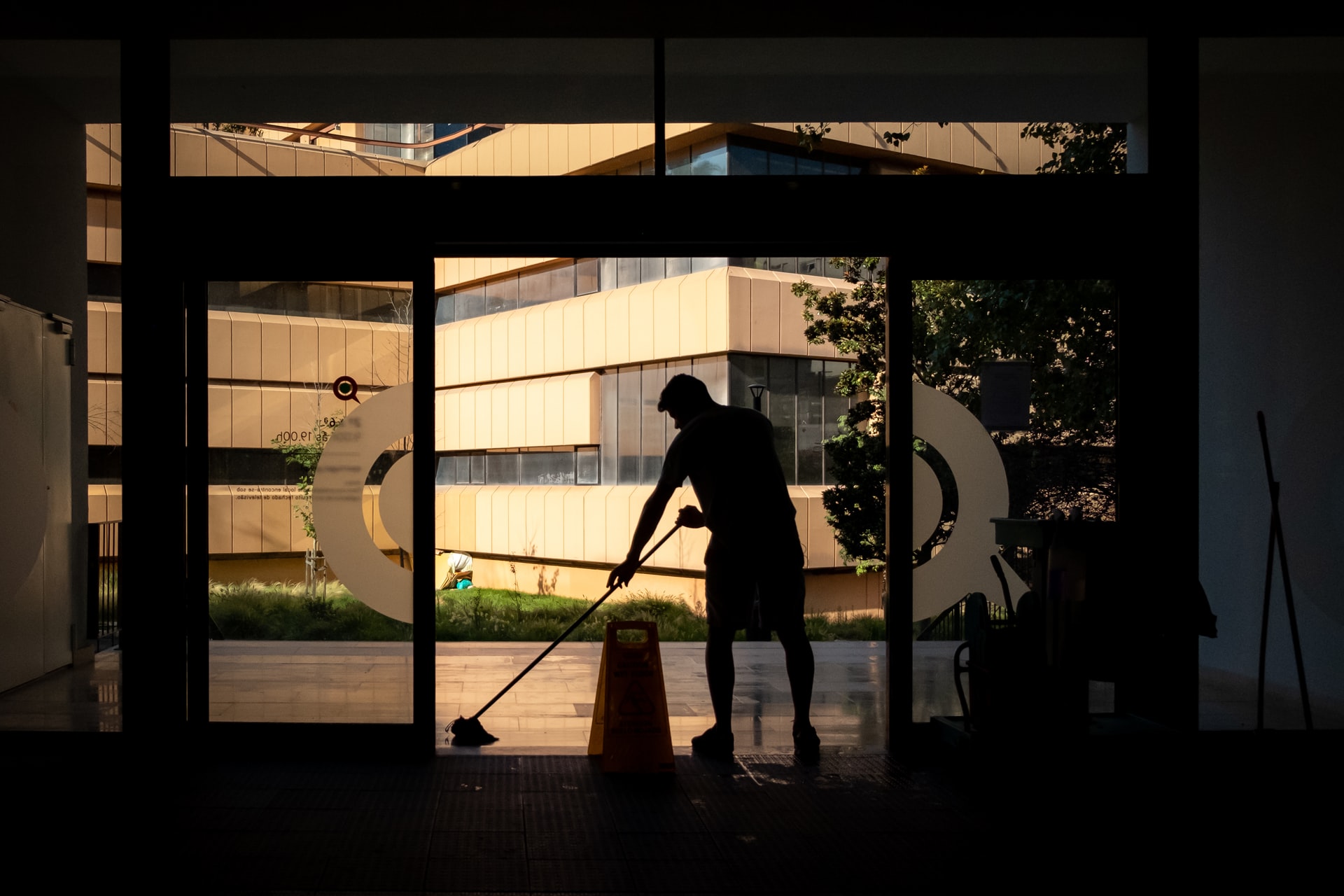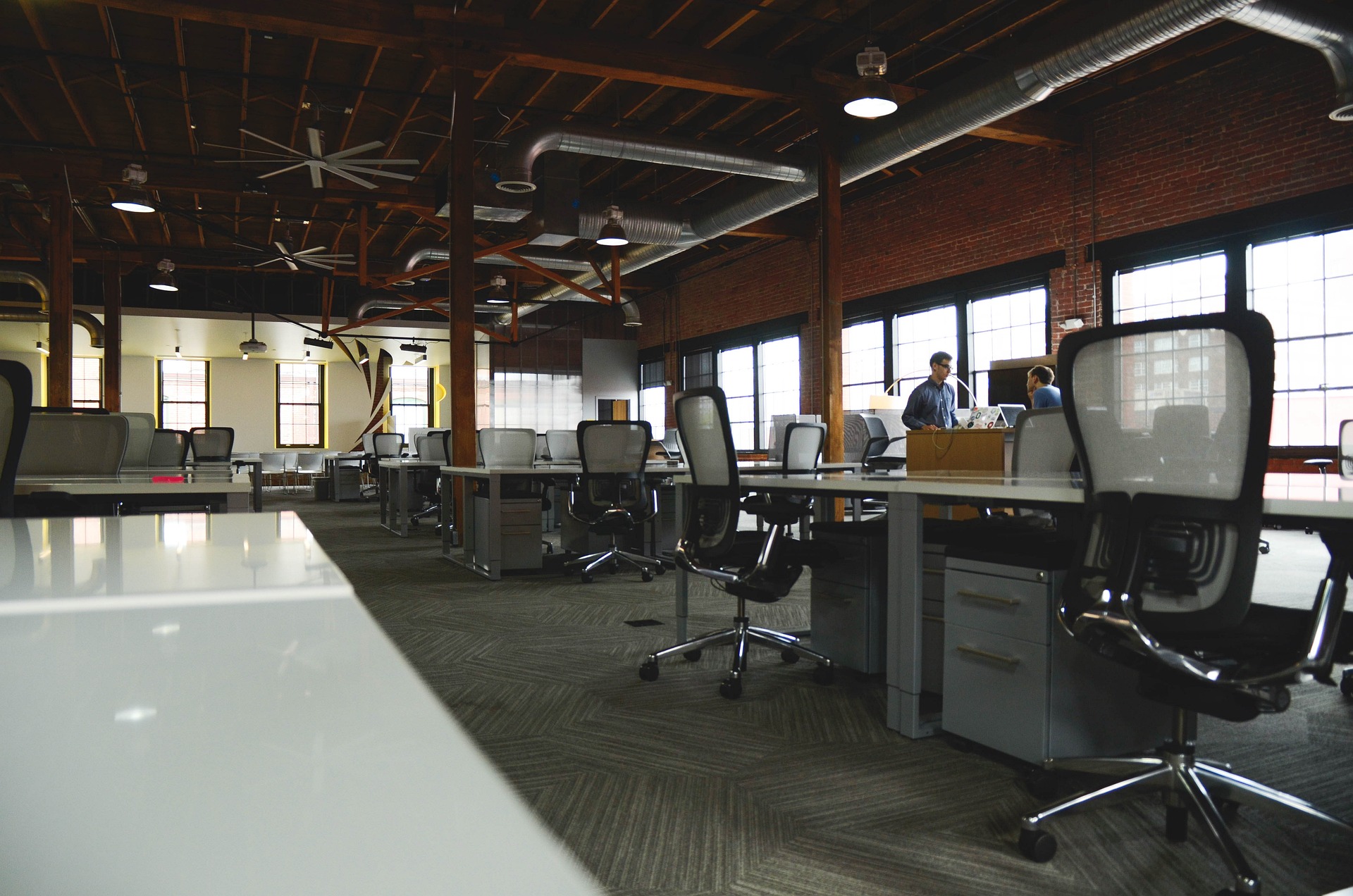Cleaning is critical for any business that wants to maintain a professional atmosphere for its customers, especially during a pandemic. So, what are the new cleaning requirements for commercial spaces during COVID?
How Does COVID Affect Businesses?
COVID affects businesses in many ways. There are new requirements for registering employees who have been exposed to an infected person or place, training workers how to handle situations involving contagious diseases (both directly or indirectly), encouraging sick workers not come into work (or stay home) and developing plans for how to handle suspicious patients who might come into the office.
Is It Easier To Hire Professional Cleaning Services?
Cleaning commercial spaces is complicated, which makes hiring professional cleaning services a little easier. Instead of being responsible for disinfecting surfaces in bathrooms, lobbies, offices, and common areas in the building with harsh chemicals that are known to have harmful effects on people when used improperly, businesses can now rely on professionals who are trained specifically to use EPA-registered products. There are many professional services that clean commercial spaces like a commercial cleaning company in Sydney or other cities. You can book their office cleaners for the cleaning of your premises at any time, even on weekends or after office hours or any other schedule that meets your needs.
So, what are the general cleaning requirements?
1. Wiping Things Down Is Not Enough Anymore
Cleaning bathrooms, for example, requires disinfecting and sanitizing the floor and counters with a commercial-grade disinfectant that has been tested and approved by the EPA. Only then should you clean with an everyday general purpose cleaner.
2. Disinfecting And Sanitizing Is A Must For Food Service Establishments
Use EPA-listed commercial surface disinfectants and sanitizers, which can be used on all hard, nonporous surfaces in food preparation areas (e.g., chopping blocks, counters). Make sure to read labels carefully before use to ensure proper application. If necessary, consult your facility manager or cleaning vendor for assistance in selecting appropriate disinfectants and sanitizers designed to kill germs such as Coronavirus and other viruses (that may be found in the environment or on environmental surfaces). Cleaning employees should immediately remove and wash clothing or uniforms if they have been soiled with blood or other bodily fluids or come into contact with respiratory secretions.
3. Schools Are Strongly Encouraged To Disinfect Student Desks At The End And Start Of Each Day
The frequency is up to you, but make sure students are not allowed back in the classroom until the desk has been fully disinfected. You can also insist that students wipe down their own desks as well as those around them before leaving for the day (a quick swab should do). If you choose this option, be sure to provide adequate supplies such as disposable wipes and tissues to all students and teachers as part of your pandemic preparedness plan. Also, make sure children who attend school during a pandemic are told to wash their hands often and not touch their faces with unwashed hands.
4. Be Proactive And Encourage Your Employees To Be Safe
Remember, handwashing is the simplest means of preventing the spread of the virus and other infectious diseases. Remind employees that coughing and sneezing should be done into a tissue, sleeve, or shirt-cuff,in-depth never into hands. Also, encourage employees to cover their nose and mouth when coughing or sneezing with a tissue; discard used tissues in designated receptacles.
5. Practicing “Social Distancing” As Well As General Good Hygiene
You shold know that social distancing is staying away from people who are sick — is good for preventing the spread of respiratory infections and can be done by: (1) working from home, (2) telecommuting, or (3) working only part-time during a pandemic. All employees should keep in mind that they will not be able to work if they become ill with flu-like symptoms such as fever, chills, body aches, headache, fatigue and sore throat with a cough or a sore throat without a cough. If possible, make sure co-workers know when you are ill, so they can avoid close contact with you while you recover.
6. People Who Have The Virus Should Stay At Home
Encourage people who are ill with flu symptoms (or perform duties involving large amounts of public contact) to stay home until either their fever has been gone for 24 hours or they have received approval from local or state health authorities for full duty. Employees should be encouraged to call their supervisors if they become ill during work hours, so arrangements can be made for them to go home.
With the pandemic we have to find a way to stay safe and healthy and the CDC has gone in depth to explain methods of staying healthy and how we can practice proper hygiene. With new COVID cleaning requirements for commercial spaces, it is important that we stay clean and everyone is aware of the cleaning procedures.






Leave A Comment